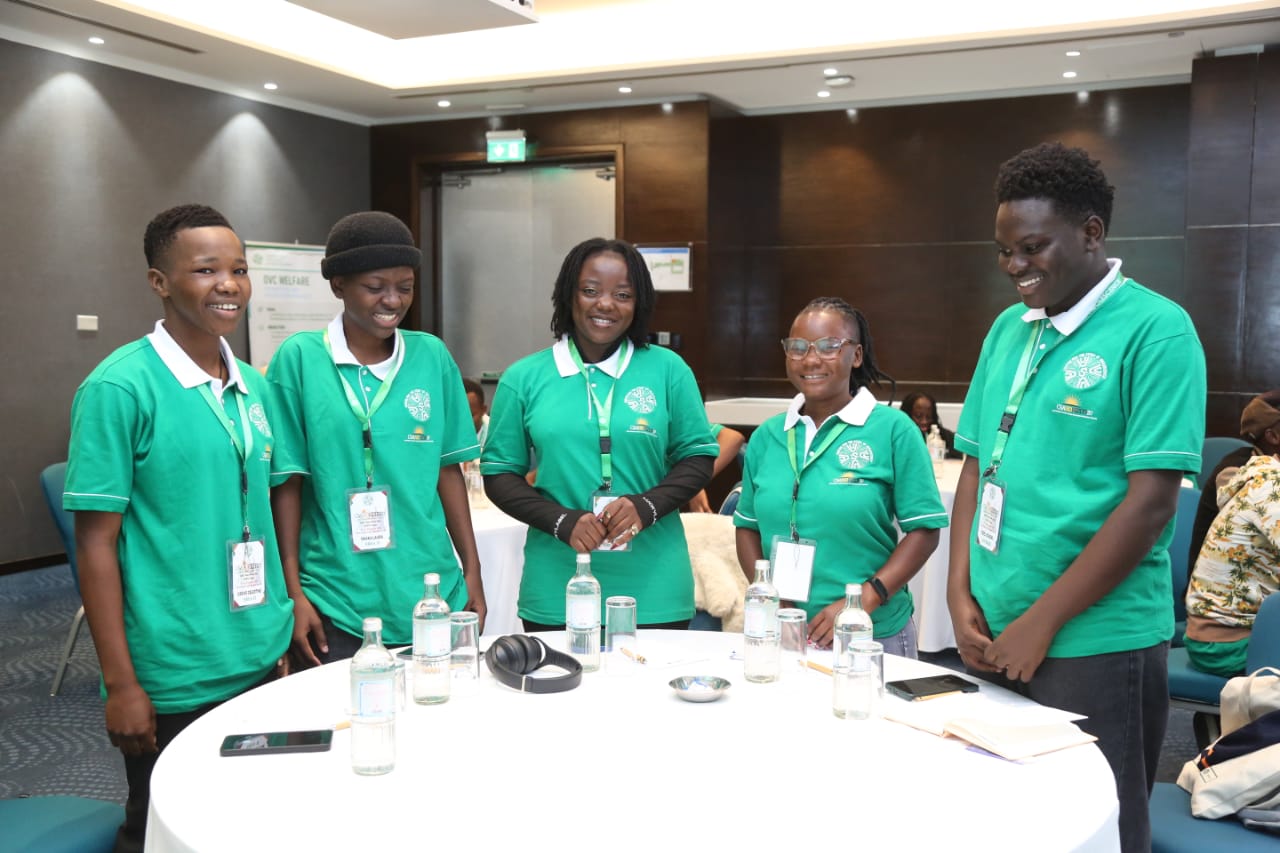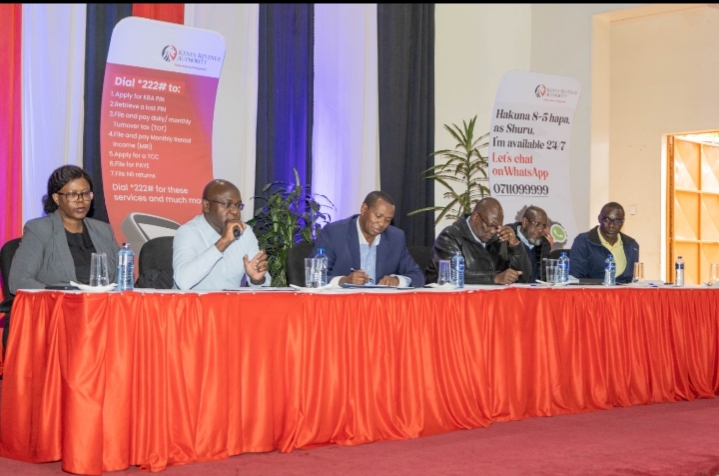Youth Challenged to Lead Bold Future of Health and Empowerment

Nairobi, Kenya – October 6, 2025. Young people have been urged to take a central role in advancing Kenya’s sexual and reproductive health and rights (SRHR) agenda as the Centre for the Study of Adolescence (CSA) marked 37 years of empowering adolescents and youth across the country.
Speaking during the opening of the CSA Horizon37 youth Symposium in Nairobi on Monday, Dr. Jacqueline Kisia, head of Adolescent heath at the Ministry of Health’s Reproductive, maternal, neonatal, child and Adolescent heath (RMNCAH) said young people must be recognized as equal partners in the design and implementation of health programs.
“The theme of this symposium, Youth Voices Leading Bold Futures, is both timely and inspiring,” said Dr. Kisia, who heads the Adolescent Health Division. “Young people are not passive recipients of health programs. They are leaders, innovators, and essential partners in shaping Kenya’s future.”
She praised CSA for its pioneering work since 1988, noting that initiatives such as The Nimechill campaign, SHE SOARS, and We Lead have strengthen service delivery, economic empowerment and advocacy for young women, youth with disabilities and gender minorities.
Dr. Kisia said CSA works towards advocating for youth-friendly health services and is strengthening partnerships with the Ministry of Health through initiatives that tackle the intersectionality between SRHR, mental health and climate change, among other challenges.
“Despite progress, early and unintended pregnancies, gender-based violence, and limited access to sexuality education remain challenges,” she said. “We must build a Kenya where every young person can access accurate SRHR information and services without stigma or discrimination.”
As part of the symposium, participants are developing the Young Futures Declaration 2030, which will guide future policies under the upcoming Adolescent Health Strategy (2025–2030).
Beyond policy discussions, testimonies from the grassroots illustrated the impact of CSA’s work.
Also speaking, CSA Executive Director Mr. Humphres Evelia echoed his remarks, urging young people to take ownership of their development journey. He said CSA’s Horizon37 legacy was a testament to what can be achieved when young people are given space to lead and participate meaningfully in shaping the policies that affect their lives.
“Our story is one of partnership and progress,” he said. “From our early programs in adolescent health to today’s initiatives in economic empowerment and climate resilience, CSA’s goal has always been to build a generation of informed, confident, and self-reliant youth.”
He noted that as CSA launches its new Strategic Plan 2026–2030, the organization will continue to prioritize youth-led solutions, innovation, and collaboration with government and development partners. “We are not just celebrating history,” he said. “We are co-creating the next chapter — one where young people are leading Kenya’s bold future.”
Juma Fredrick, a youth from Kakamega County, said that CSA offered a second chance at life after he dropped out of school in Form Three. Through the organization’s Self-Help Group and Community-Based Training (CBT) programs, he trained in electrical installation and now works as an electrician.
“When I joined CSA, I didn’t have much,” he said. “After six months of training, I qualified and started working. I can now earn a living and support myself.”
He, however, urged CSA to help trainees secure formal certification to improve their job prospects. “It would really help if we could get recognized certificates. Employers often ask for them, and without one, it’s hard to find stable work,” he said.
In Siaya County, 22-year-old SRHR facilitator Amanda Mulanda shared how volunteering with CSA transformed her from a shy teenager into a confident youth educator.
“I started volunteering right after high school at a youth-friendly center,” she said. “At first, I couldn’t even touch a condom because of my religious background. But now, I’m the one teaching others about safe practices and their rights.”
She works with out-of-school adolescents aged 10 to 19, helping them access accurate information and link to nearby health facilities for contraception and family planning services.
Her work, however, has not been without resistance. “Once, a village elder tried to stop me from teaching young girls about SRHR,” she recalled. “I explained why it mattered, and in the end, he agreed. The girls attended the session and received the help they needed.”
From Kisumu, Joseph, a youth mentor under the SHE SOARS project, shared how CSA is empowering young people through financial literacy and entrepreneurship. The project Supporting Out-of-School Adolescents’ Rights and Skills targets youth aged 15 to 24, helping them build savings groups, start small businesses, and adapt to climate change.
“I have trained six youth groups with a total of 126 participants,” Joseph said. “They come together to save money and take small loans, which they use to start businesses. Some are now rearing goats, while others plan to venture into fish farming.”
He said the initiative has reduced cases of teenage pregnancies and gender-based violence in the area by improving young people’s economic stability. “When they’re empowered financially, they can make informed decisions and are less vulnerable to exploitation,” he said.
The SHE SOARS project, which began in 2022, runs through 2029,focuses on Out-of-school adolescent girls who are consistently left out of traditional adolescent Sexual and Reproductive Health and Rights (SRHR) programming, are difficult to reach, and often have the greatest need and least access to comprehensive sexual and reproductive health services. They also work alongside health care providers and key stakeholders in the target communities to provide evidence-based sexual and reproductive health information, address root causes of gender-based inequalities, improve health services, and work with young people, particularly girls, to increase decision-making about their lives and their bodies.
As CSA celebrates nearly four decades of work, both government and partners emphasized that Kenya’s progress in SRHR will depend on continued collaboration and youth-driven leadership.
“CSA’s Horizon37 journey reminds us that change is possible,” Dr. Kisia said. “The next 37 years will be defined by how boldly we empower young people to lead because their voice is Kenya’s future.”





